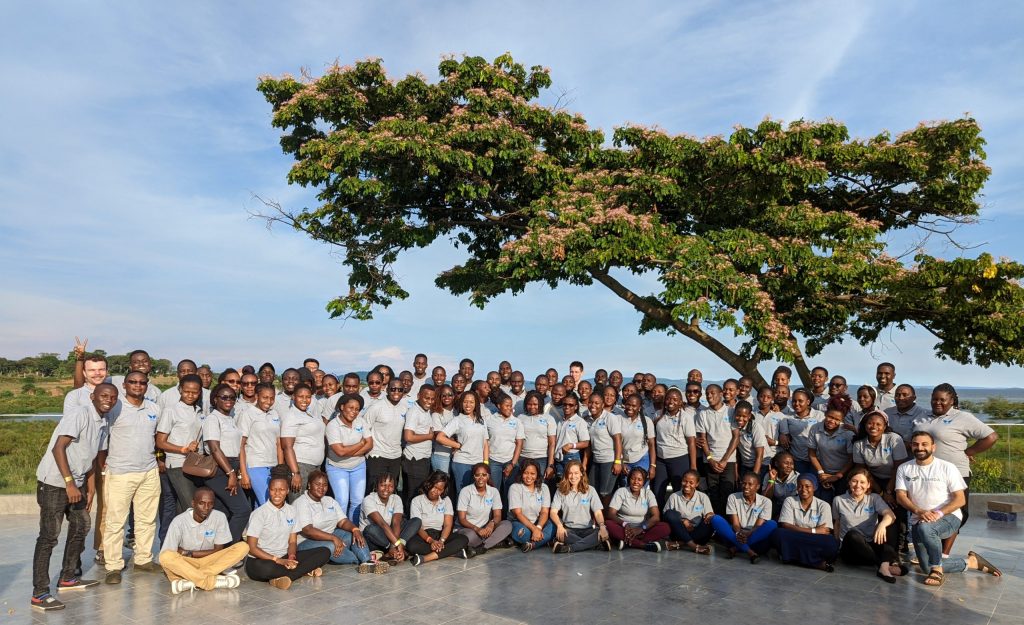Numida, a Ugandan fintech, has raised $12.3 million in pre-Series A funding. Serena Ventures led the $7.3 million pre-Series A equity round, with participation from Breega, 4Di Capital, Launch Africa, Soma Capital, Y Combinator, and existing investor MFS Africa. Lendable Asset Management will provide $5 million in debt to complete the round.
In Uganda, YC-supported 27,000 micro and small businesses have received more than $20 million in unsecured working capital from Numida. The startup, which was established in 2017 by Mina Shahid, Catherine Denis, and Ben Best, has raised $12.3 million in an equity and debt funding round to strengthen its position in Uganda and grow into other regions of the continent.
Must Read: Bitmama Secures $2 Million Pre-Seed Round
With the help of their in-house credit models and technologically advanced underwriting procedures, Numida can offer unsecured working capital loans to SMEs in semi-formal African economies. Business owners can download the Numida app, apply in a matter of minutes, and receive capital disbursed to their mobile money wallet the following day instead of borrowing money from unofficial lenders or family. Additionally, Numida is the first online lender in East Africa to offer risk-based pricing, and business owners can access loans of up to USD 4,000.

Numida’s business model is straightforward, according to CEO and co-founder Mina Shahid. To make money, the company relies on its 30-day loan product for business owners based on risk pricing. Based on its proprietary credit scoring model, Numida provides loans ranging from $100 to $5,000 with interest rates ranging from 10% to 16%. Shahid went on to say that Numida developed this model using data from over 100,000 loans it has made. He also stated that the rate of non-performing loans is in the single digits.
Must Read: NowNow Raises $13 Million in Seed Funding
According to Shahid, the company’s female user base has increased from 33% to 50% since their $2.3 million raise in April 2021. This was Shahid’s proudest achievement, he said, because Numida wanted to drive economic gender inclusion in Uganda. According to Shahid, this increase in female users was accomplished by establishing trust with the female entrepreneur community through acquisition campaigns aimed specifically at women.
He also stated that with this raise, the company plans to expand geographically, with Egypt, Nigeria, Ghana, Kenya, and Tanzania on the horizon. Numida also intends to double its current user base in Uganda to 40,000 businesses.



